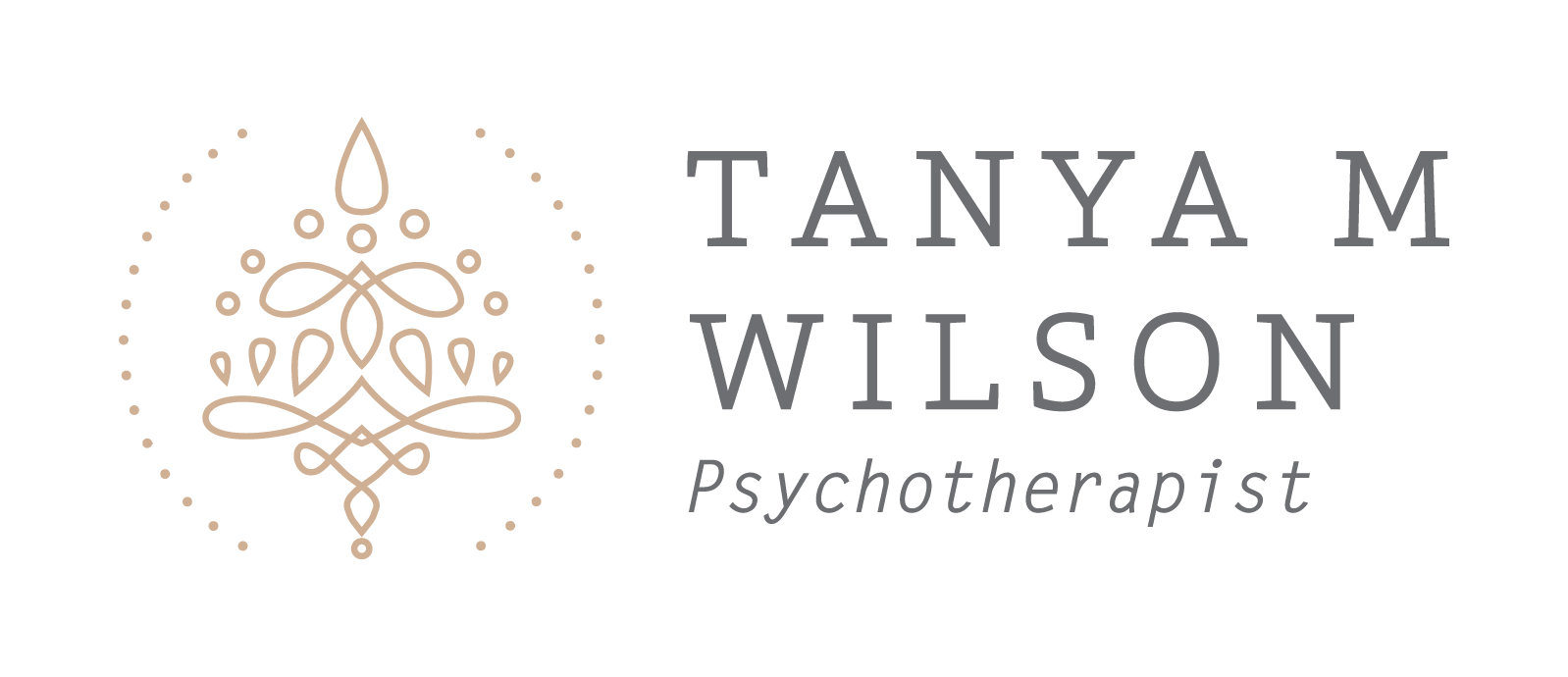Narcissistic abuse is a form of psychological abuse, also known as emotional abuse, carried out by someone with narcissistic traits or someone with narcissistic personality disorder. Narcissists are people who feel overly self important, lack empathy and feel an excessive need for admiration.
Psychological abuse is any form of behaviour that is used to control, scare or isolate somebody else and is a key tactic of a narcissist. When exhibited in a relationship by a significant other, this may result in constant anxiety, depression and other forms of psychological trauma, including post traumatic stress disorder (PTSD). It is important to note that this form of abuse can occur in any type of relationship. Narcissistic abuse occurs in the workplace, within families, friends and in all age groups.
In many ways, narcissistic abuse can be incredibly damaging to a person as it can also include other forms of abuse including sexual, physical, financial and spiritual.
Five things you might not realise are symptoms of narcissistic abuse
Have you noticed changes to your behaviour recently? Although it is perfectly natural to change a bit to accommodate people in your life, however, if you find yourself changing for the worse, you may be a victim of narcissistic abuse. Or, you may have already identified that you’ve experienced this horrendous situation and didn’t realise the following symptoms are actually related.
Here are five surprising symptoms of narcissistic abuse:
-
Nightmares
One of the most dangerous characteristics of narcissistic abuse is that it has the potential to permeate all aspects of your life including your dreams. After undergoing abuse during your waking hours, you are often forced to relive those fears or associated themes even as you sleep.
On average, thirty per cent of adults have about one nightmare a month. Having a nightmare more than once a week is considered moderate and every night is considered severe.
The nightmares tend to embody the fears your harbour about your abuse or safety and can leave you emotionally drained the next day. And without proper sleep, your symptoms may feel exacerbated.
-
Feeling lonely or alone, even in a relationship
Being in a relationship with someone who feels like they are always right, that they know better or that you are wrong can leave you feeling lonely in your relationship. In some cases, you may feel unneeded, unwanted, unimportant or that you are just a disposable accessory.
In healthy relationships you feel safe, important, relevant and wanted. If you are not feeling this in your relationship, you may need to analyse who you are with to ensure that you’re not in a relationship with a narcissist.
-
Losing your sense of self

Do you find yourself giving up things you enjoy doing to please someone else? Do you feel like you’re continually losing your identity and adopting the identity of someone else? You may even notice that you’ve stopped seeing your friends and family as much as you once did.
It’s normal to share experiences and hobbies with your partner but when they become all consuming and you don’t really enjoy them or if you have to adapt your personality in any major way that doesn’t feel right for you then it’s a good time to assess whether your sense of self is being compromised.
-
Echoism
Echoism is the opposite of narcissism and is characterised by an extreme fear of attention or seeming narcissistic in any way; good or bad. If you’re terrified of being in the limelight, accepting compliments or stating your preferences in a relationship, you may be an echoist.
Unfortunately, researchers have found that most echoists subconsciously seek out relationships with narcissists who they allow to take control of all aspects of the relationship. Don’t use this information to beat yourself up with but to stay informed and understand the dynamics of how some relationships work and are formed.
-
Obsessions, escapism and disassociations

Since obsession, escapism and disassociation are often part of a larger problem, they are often hard to pinpoint or analyse. Narcissists are experts at making you feel like you are not good enough and, over time, you begin to believe this to be true.
Escapism behaviours can look like watching a lot of television, spending more time on social media, workaholism, eating more than usual, smoking, taking drugs or drinking to excess. This is a very common way of coping with stress, anxiety and trauma. In fact escapism, along with obsession and dissociation are all ways we buffer our reality in order to tolerate experiences such as living with or being in a relationship with a narcissist. Accordingly, excessive indulgence can be an indication that you are suffering the effects of narcissistic abuse.
Knowing these symptoms is one of the first steps to regaining yourself and escaping the clutches of narcissistic abuse. But no one is asking you to do this alone. Seek out an empathetic narcissistic abuse counsellor to help you unpack these symptoms.


